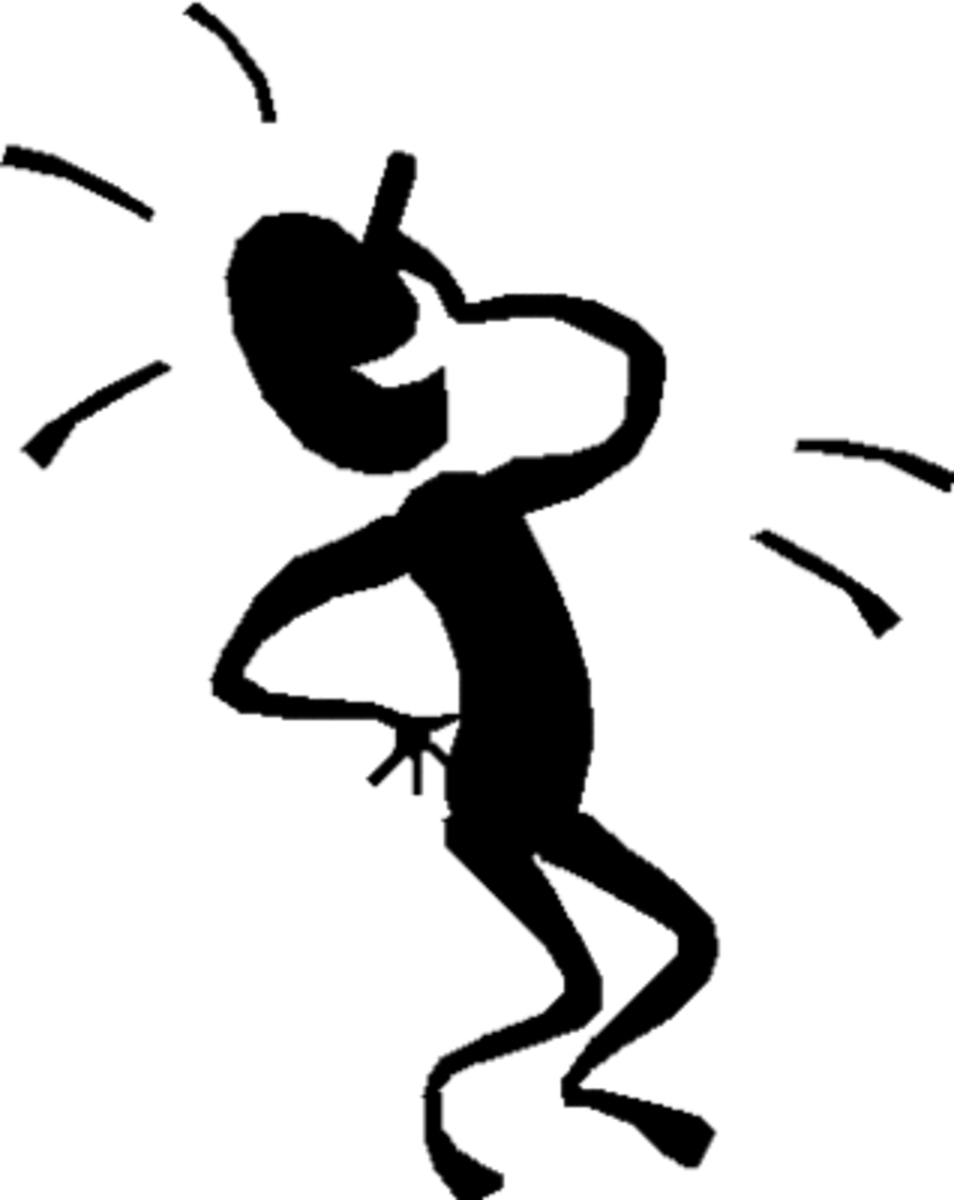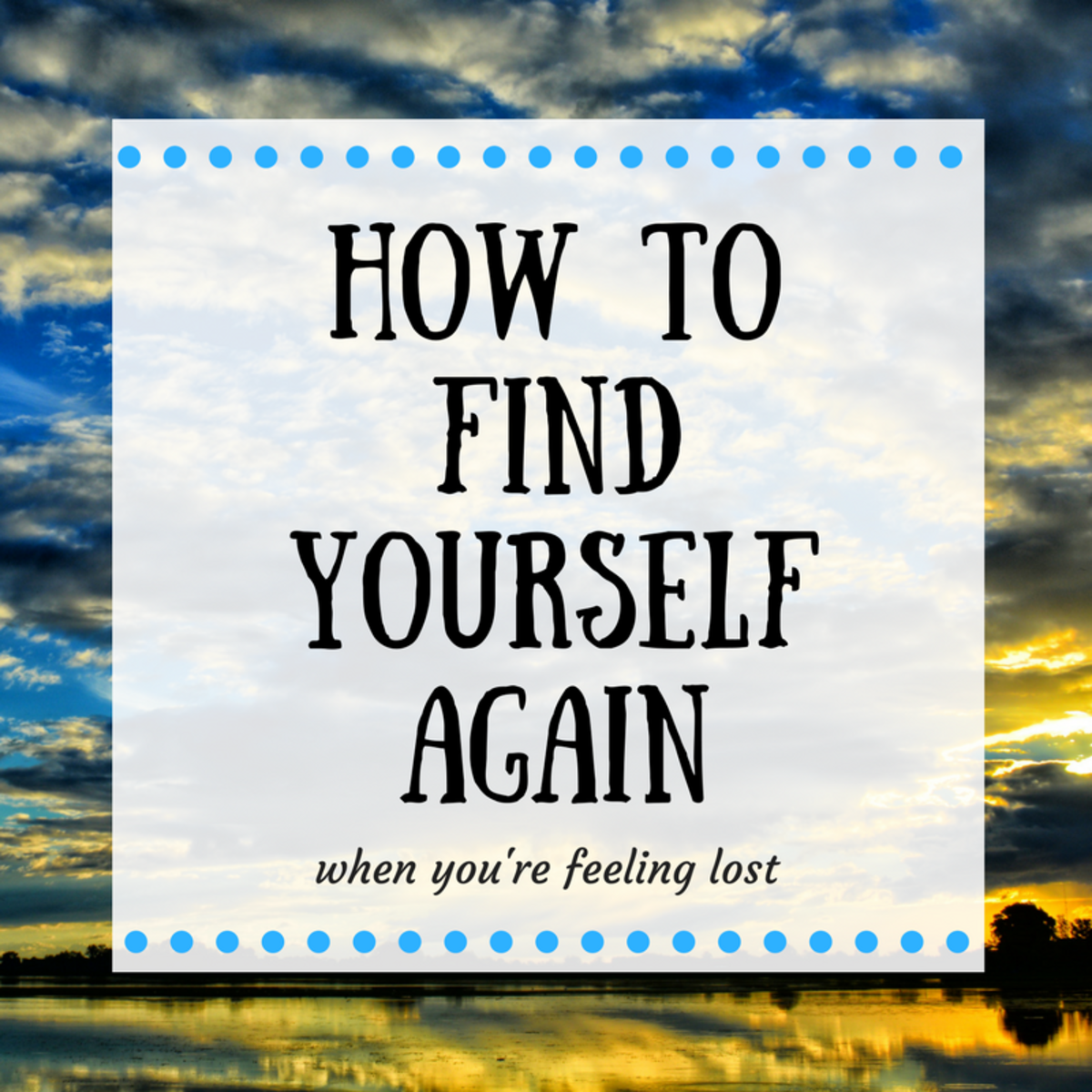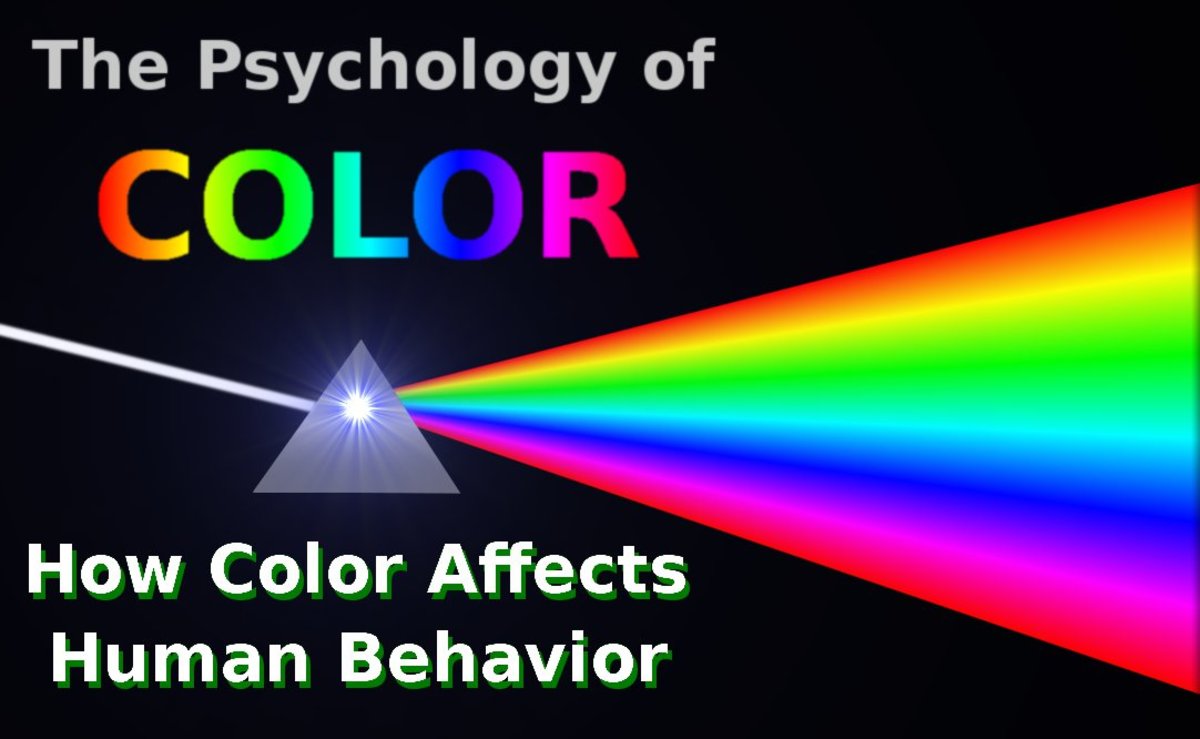All or nothing at all ...
A crisis of epic proportions...
How many news days go by without a new crisis? It used to mean something. Now when our government can't make up its mind about a spending/debt plan, it becomes a new crisis. A crisis is, by definition, "an unstable or crucial time or state of affairs in which a decisive change is impending" or "a situation that has reached a critical phase", according to Merriam Webster. Critical. Unstable. Crucial. Aaaaackkk!!! Have we lost our collective minds?
Absolutely.
Something really bad is happening or about to happen. Something that is really really bad. New Orleans flooding - that was a crisis. Now the use of the term goes beyond midlife crisis to budget crisis, debt crisis, the housing crisis, the obesity crisis, the nose-picking crisis (okay, I made that one up). But seriously, aren't we now overusing the term? And what happens when everything becomes a crisis? Nothing is a crisis. We've spent all of our emotional and intellectual energy in one crisis after another, and none of them are now more important than any other. We've become a society suffering from the Boy Who Cried Wolf syndrome...
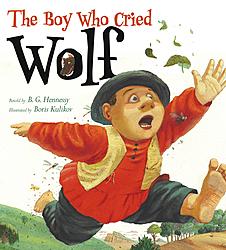
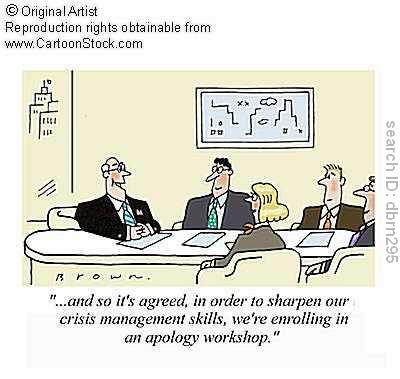
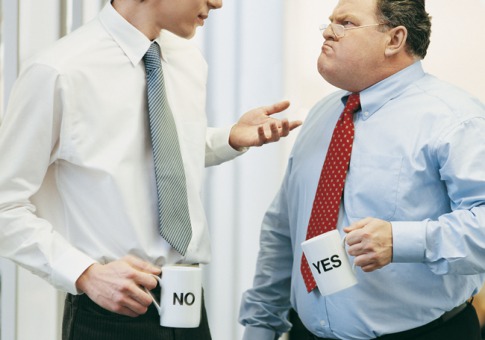
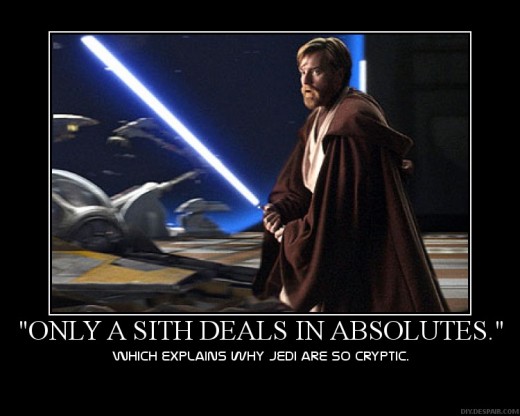
Addicted to extremes
This is a continuation, of sorts, from my Us and Them hub article, which discussed the human tendency to want to continually battle - to perpetually spar with others we don't understand, who are wrong, stupid and ill-informed, evil, manipulative, inspired by the devil ... whatever label we give to "them".
Our language is full of the language of the extreme - of black and white. No blues, reds or greens. No accounting for shades, for mitigating circumstances or nuance. If you're not with me, you're against me. We declare war on everything - on terror, on drugs, on our neighbors. We think it shows strength to pick a side, like we're in the second grade and are choosing teams. Only we don't ever change if we learn that our side may have the facts wrong, or if there's something faulty with our arguments. We want others to come to our side, because it's right, and reject what our enemies say, because they are wrong. We don't have any patience with what they want to say, because they're idiots. In the words of Journey, "Nah-nah-na-nah-nah. Na-nah-na-nah-nah."
It's not like we put a lot of thought or research into "our side". We put our faith in a few opinion-leaders, who do the research for us. So then if they say it - because they are on our side, and our side has no ill-intent, then it's certainly true. And only evil-doers would oppose our clear superiority.
And we have to assign a derogatory name to "them", because those wrong-minded, evil, scoundrels are trying to take our candy, degrade our values, and try to turn our sons and daughters against us.
"This is ridiculous! I can't believe they think this is good work!"
"Are these guys sleeping? My grandmother could do better and she has dementia!"
"It's all part of the [insert here - liberal, fundamentalist, gay, right-wing, etc] agenda!"
These are examples of extreme-thinking. Thinking that is rooted in a belief that the world is out to get us, that no one has a pure intent except me and my cronies. Where this type of behavior was once relegated to the schoolyard of grammar schools, we now accept it as common discourse among "thought leaders", many of whom are simply bullies. The same creeps who would try to take our Twinkies, steal our lunch money and threaten to put us in trash cans. Only now they stage rallies, call what they do a "cause" and spew their filth among crowds of people disadvantaged by a sour economy.
So I submit that extreme thinking - this type of all or nothing attitude - is a form of addiction.
Back to the middle...
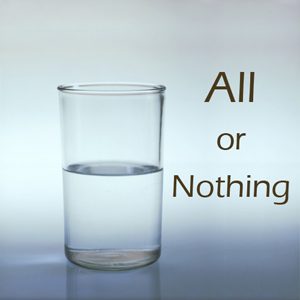
Definitions
Addiction: the state of being enslaved to a habit or practice or to something that is psychologically or physically habit-forming, as narcotics, to such an extent that its cessation causes severe trauma. (dictionary.com).
Traditionally, the term has been used to describe an uncontrollable habitual use of alcohol or other addictive substances. More recently, the term has been used in relation to unwanted behaviors that are counter to what a person wants or needs, like addictions to sex, gambling, exercise or eating. The nature of an addictive behavior is that it is maladaptive, which is to mean that it is ultimately counter-productive to the person doing it, and continued use continues the individual on a dangerous course. One key element is that removal of the habitual behavior causes a withdrawal, parallel to a substance abuser's withdrawal from the chemical toxicity in his bloodstream once the alcohol or drug is removed. Another is that the individual has to keep doing more and more of the behavior to get the desired effect. It becomes inversely satiated. And, the individual is unable to alter the behavior on his own, so eventually his life spirals out of control.
Balance - outstanding short film!
Reality
The truth is that reality exists somewhere in the middle ground. A ground that may feel uneasy or uncomfortable. It may feel ambiguous or uncertain. Even though we know this intellectually, we fight against it, because we want security and certainty. The feeling that when things go bad, we can reach for our mother's or father's hand and have them tell us everything will be alright.
The reality is that we need to think for ourselves. We need to discern, to be responsible for our untamed egos, to know when we are wrong and then to adjust. We need to articulate a well-thought out, intentful, independent course of perception, process and delivery. We need to act like grown-ups. Didn't we all learn this in first grade? Perhaps some of us did, and some did not. Because I'm pretty sure it was about that same time that I learned not to cry wolf when I'm trying to get someone's attention.
Because if this pattern continues, the wolves will devour the flock.






